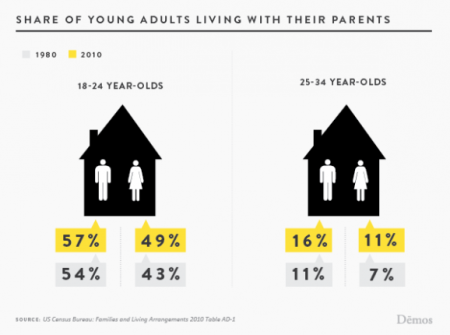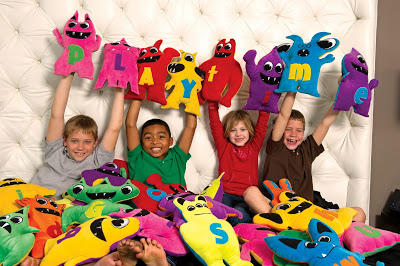
Having adult children, biological or step, move back home isn’t optimal, but it is sometimes necessary. It is stressful for everyone involved, but there are things you can do to make it work better.
First, consider the reason why the adult child needs to move back home. If it is due to circumstances beyond their control like the loss of a job, you can be more compassionate than if it is due to irresponsibility and bad choices. This will also help you determine whether or not allowing the child to move home is healthy or unhealthy. It is enabling if it rewards irresponsibility and bad choices and enforces the idea it is okay to continue doing what wasn’t good to begin with.
Second, consider the terms. Sit down with your adult stepchild and spouse and discuss what terms you can offer. This includes whether or not there is rent, chores, expectations about a job, and how long the child can be at home. Having clear terms will help you feel better about the situation and will help your adult stepchild know what needs to be done during that time and how long the opportunity to live at home is available.
Third, discuss the potential stressors. Having adults living together who have all lived alone means that people need to adjust. Discuss schedules, needs, and potential conflicts. Figure out how to make adjustments for everyone that are the least intrusive and upsetting to all involved, but especially you since it is your home. Have a plan that includes being able to bring up problems and irritations to prevent resentments and misunderstandings from building up.

Having an adult stepchild move back home isn’t optimal, but it can work, if it is handled in the right way.
Karla is a regular contributor to Support for Stepdads. Here are a few of her previous posts:
Reconciling with an Estranged Adult Stepchild
Please rate this post using the Stars and Thumbs below. Thank you.






